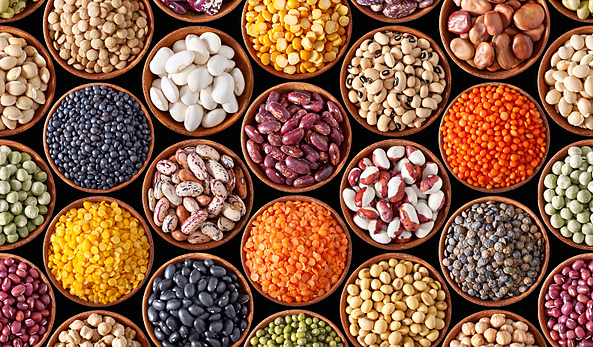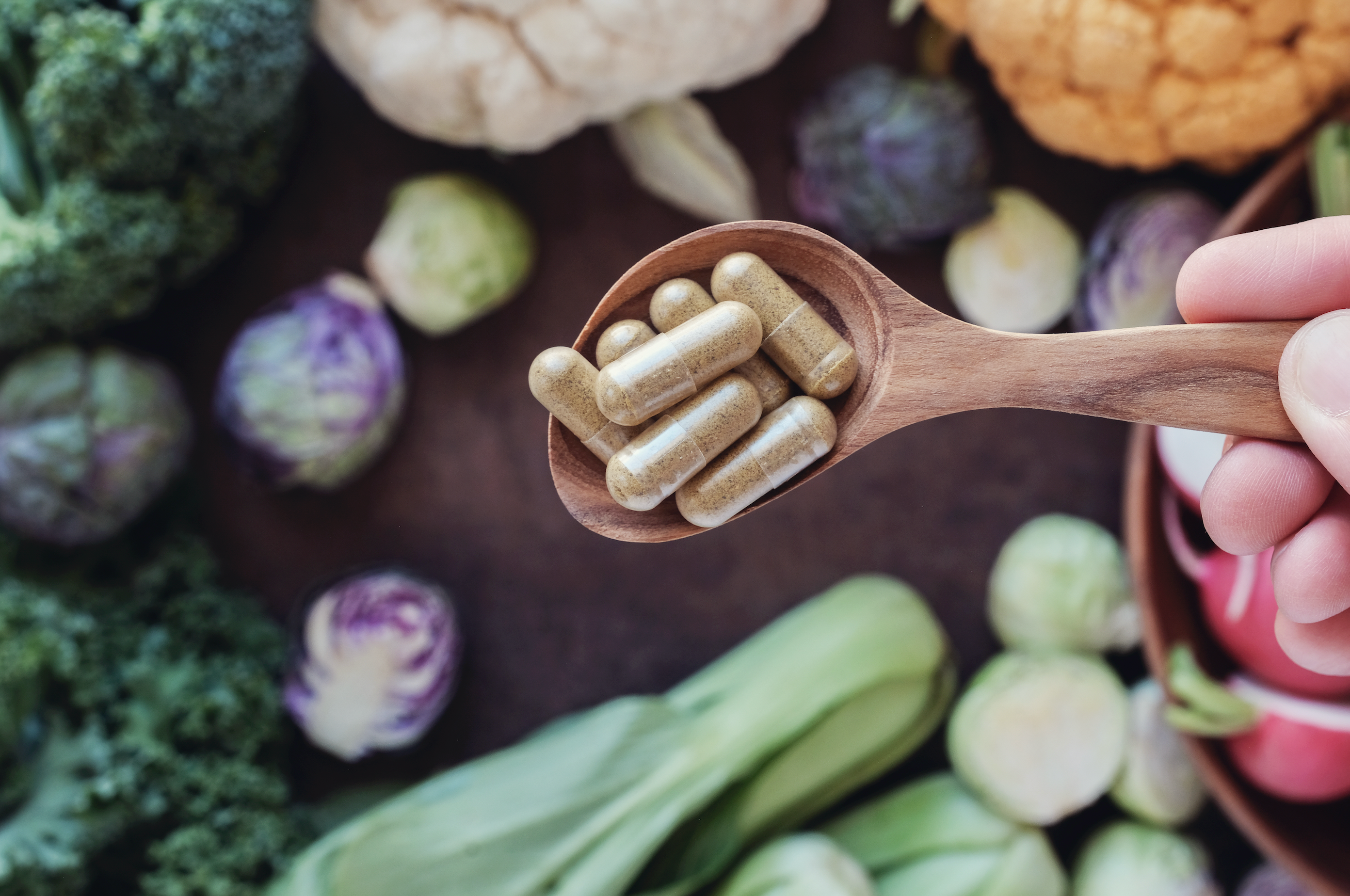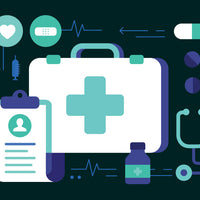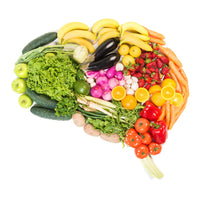As we wrap up National Heart Health Month (and our blog series dedicated to it), we're addressing a topic that affects millions of Americans, in fact, 1-in-3 of them.
High blood pressure can lead to extremely serious consequences like heart attack, stroke, kidney disease, and death. Yet, this health malady affects 1-in-3 Americans, with 1-in-5 over the age of 40 taking a daily statin to help lower their blood pressure (or cholesterol). Thus, statins are the most widely prescribed drug in the world.
So, what can you do to avoid joining, or perhaps, wave goodbye to the millions of Americans who make up these scary statistics? Well, there's no simple solution, but here are a few ways to maintain a healthy blood pressure – naturally.
What causes high blood pressure in the first place?
Your blood pressure number is, well, exactly that: a measure of the amount of pressure that your blood puts on your vessels as it is pumped through your body. It is measured assystolic (the maximum amount of pressure during one heart beat) "over" diastolic (the minimum amount of pressure between two heart beats), and is often shown as a fraction. High blood pressure, or hypertension, occurs when these measurements are above normal:
- "Normal blood pressure" is defined as anything below 120/80
- "Elevated blood pressure" is 120-129/<80
- "Stage 1 hypertension" (which used to be called "prehypertension") is 130-139/80-89
-
"Stage 2 hypertension" is 140/90 or higher
- *all measurements are in units of mmHg
Hypertension can be caused by numerous factors, even in otherwise healthy people. Long term, or chronic, hypertension is typically due to a combination of lifestyle factors such as diet, exercise, and stress.
But accordingly, lifestyle changes can also have a drastically positive impact on your blood pressure. Arguably the best natural interventions to decrease blood pressure are:
- Maintaining a healthy weight
- Reducing sodium intake
- Increasing potassium intake
- Following the DASH diet
- Engaging in moderate physical activity
- Meditating
Now, let's dive into the details of each of those points...
![]()
Lose weight and maintain a healthy weight
Excess weight puts additional strain on our kidneys, the organs responsible for filtering our blood and removing the excess fluid and electrolytes. If our kidneys don't work properly to filter out this excess fluid, our blood volume can increase. But since our blood vessels can't grow to compensate, this excess fluid can cause an increase in blood pressure.
Individuals that are overweight or obese also have a higher likelihood of developing type 2 diabetes, which is one of the leading causes of hypertension.
![]()
Reduce your sodium intake
Sodium plays a central role in communicating to the kidneys – specifically, how much water they should hold on to. This boils down to a process called osmosis, a process that helps to establish a balance of sodium and water within your body. So, when you consume sodium, your kidneys hold onto water to dilute it to the ideal concentration.
Too much sodium in the diet can send this feedback loop into overdrive, causing our kidneys to retain more water than we need. And again, this excess amount of fluid causes an increase in blood pressure as the heart works harder to push blood through the body. Too much cellular sodium can also cause the muscles of our heart and blood vessels to contract more, resulting in higher blood pressure.
Preparing foods at home is the best defense against high sodium intake. Processed foods contain a significant amount of sodium and are the main contributor to Americans' high intake. Foods prepared in the home and using fresh ingredients will contain much less sodium.

Increase your potassium intake
Sodium and potassium counteract each other – while sodium causes your kidneys to hold onto water, increasing blood pressure, potassium signals your kidneys to excrete water (as urine), reduce blood pressure, and reestablish a healthy balance.
The recommended intake for potassium is 4,700mg. The recommended intake for sodium is 1,500mg. Therefore, the ideal potassium-to-sodium ratio is around 3:1. However, less than two percent of Americans get enough potassium, and more than 90% get too much sodium, throwing this ratio way off.
Set a realistic goal for yourself: a potassium-to-sodium ratio over 1:1. You can reach this goal by decreasing your intake of high-sodium foods (as mentioned above) as well as increasing potassium-rich foods. These include:
- Sweet potatoes
- Beans
- Tomatoes
- Yogurt
- Fish
- Bananas
- Spinach
- Dried apricots
- Lentils
A healthy diet plan isn't one-sized-fits-all. We can find the right one for you.
![]()
Follow the DASH diet
DASH stands for Dietary Approaches to Stop Hypertension – so it's quite literally designed to prevent the onset of high blood pressure. It focuses on fruits, vegetables, low fat dairy, whole grains, nuts, beans, poultry, and fish. These foods contain high amounts of potassium, as well as magnesium and calcium – nutrients that are important for sodium balance, but are low in the typical Western diet.
Another option is to adopt a vegetarian diet. Being high in both potassium and magnesium, studies have shown those who have adopted a vegetarian diet have seen a reduction in blood pressure.
![]()
Exercise regularly
Moderate physical activity can help to lower blood pressure as well. Aim for 40 minutes of moderate to vigorous activity, three to four times per week. Aerobic exercises, such as brisk walking, jogging, cycling, or swimming are shown to be the most effective. Incorporating resistance training may provide further benefit for lowering diastolic blood pressure.
Individuals with high blood pressure should first consult their physician to investigate the underlying cause of their hypertension and to rule out any other medical conditions. If blood pressure levels are drastically high, your physician may recommend medication in addition to lifestyle changes.
![]()
Meditate
We often joke about our "blood pressure rising" when we get annoyed or stressed out. But it's no laughing matter! Stress is widely accepted to be a contributing factor to high blood pressure. And while there are many different ways to address stress (and help reduce it) some studies have found meditation to be the most effective.
Studies have shown that transcendental meditation (TM), the kind that involves a repeated sound or chant (a.k.a. mantra) significantly lowers systolic and diastolic blood pressure.













